Serena Ivery ’23 discusses her award-winning work to stop human trafficking in Alabama
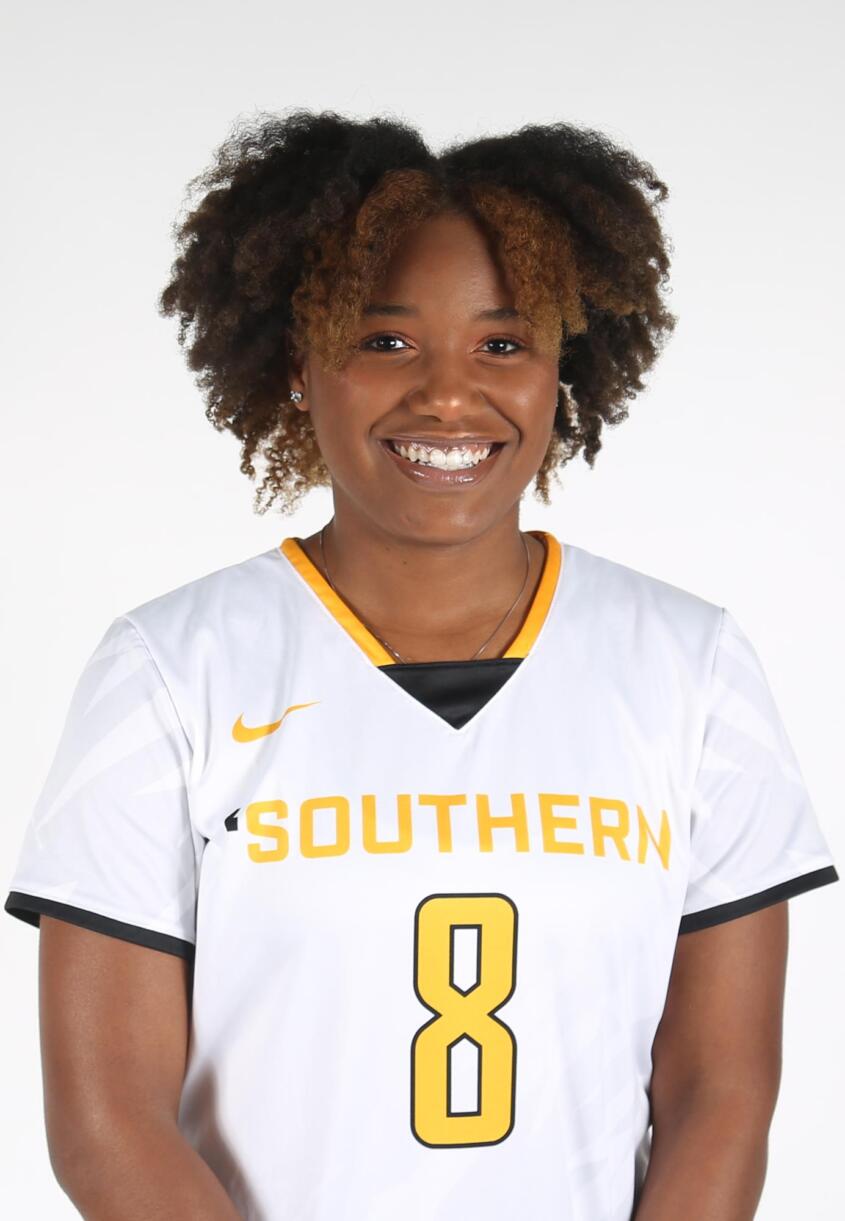
Recent Birmingham-Southern College graduate Serena Ivery ’23 has received special recognition from the National Center for Women & Information Technology (NCWIT) Aspirations in Computing Program for her innovative work to fight human trafficking in Alabama.
Ivery has been working to develop a web crawler that can be used to identify online human trafficking advertisements.
The Memphis, Tennessee native was one of three winners of the 2023 NCWIT Collegiate Award which celebrates undergraduate and graduate women, genderqueer, and non-binary students from academic institutions nationwide. Conferred annually, the award recognizes technical contributions to projects that demonstrate a high level of innovation and potential impact.
“Human trafficking is unfortunately something that happens often and the victims and survivors are closer to us than we would like to believe,” Ivery says. “I believe that if technology is helping everyone else, why can’t it help them too?”
Ivery says that BSC Associate Professor of Creative and Applied Computing Dr. Amber Wagner first sparked her interest in the project and encouraged her along the way.
“I’ve always been interested in technology and BSC showed me the many ways that I can use it,” says Ivery, who majored in computer science and minored in math.
As Ivery began her research she was pleasantly surprised by the amount work the state government has done to try to end trafficking in Alabama. However, despite legislation and the work of non-profit organizations this plague persists.
“I have noticed the best way to end human trafficking is to raise awareness,” Ivery says. “The state of Alabama has done a good job of making organizations and hosting events to raise awareness but, as always, there is more to be done.”
And Ivery wanted to do her part. The overall goal of the web crawler she’s designed is to aid law enforcement in capturing traffickers through the identification of hidden ads while also connecting non-profit organizations with survivors.
Ivery admits that this project has been quite a challenge.
“Coding something you are unfamiliar with is always difficult,” Ivery says.” I also had a hard time figuring out which sections of the websites to use as bait for the web crawler.”
But the technical work wasn’t what Ivery found most difficult.
“I found reading and hearing the stories of survivors to be the most challenging part of this project,” she says.
But she pressed on in part thanks to receiving a Charles Vail Fellowship from BSC. Through the generous support of Dr. Charles Vail’s, the Vail College Fellows Program was established in 1993. This program fosters joint faculty/student research projects, offering students mentorship and scholarships as well as opportunities to present and publish their research. To date, there have been over 300 Vail projects.
“Being approved for the Vail Fellowship was a major form of motivation,” Ivery says. “It allowed my professor and I to make a schedule to where I was able to work on the research without feeling overwhelmed. The scholarship also allowed me to free up some of my time by working my off-campus job less.”
She also received a research stipend from an NCWIT learning circle award.
Ivery says this project also has taught her things that have nothing to do with technology.
“I learned how much of a difference I could make if I stayed persistent,” she says.
And for anyone questioning the importance of this work, Ivery simply says: “Saving one can help save us all.”
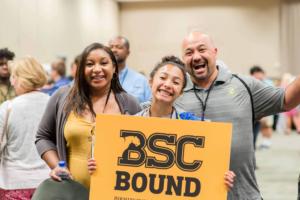
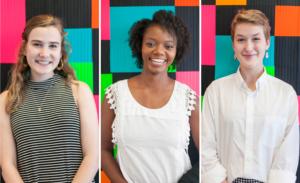
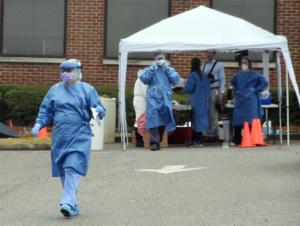
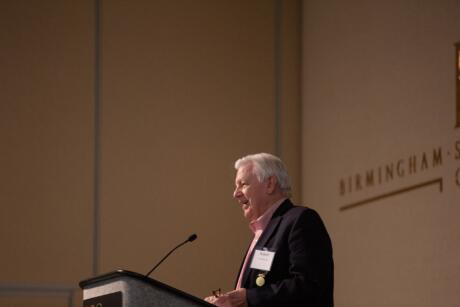
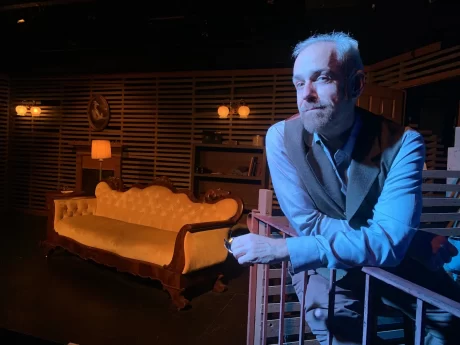
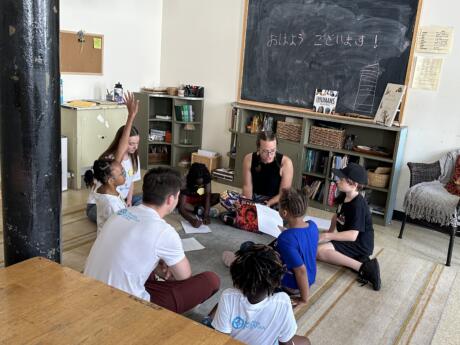

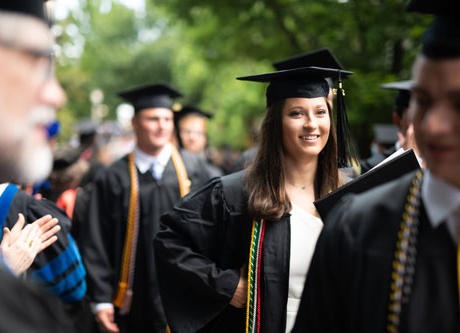
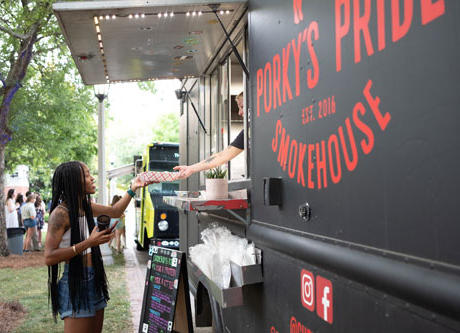

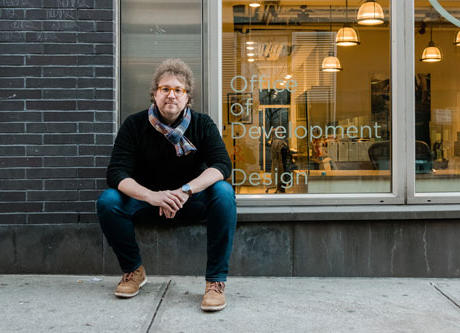
// Comments are closed //